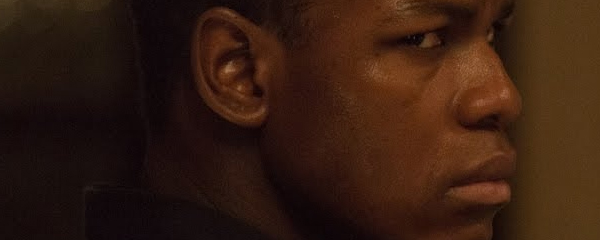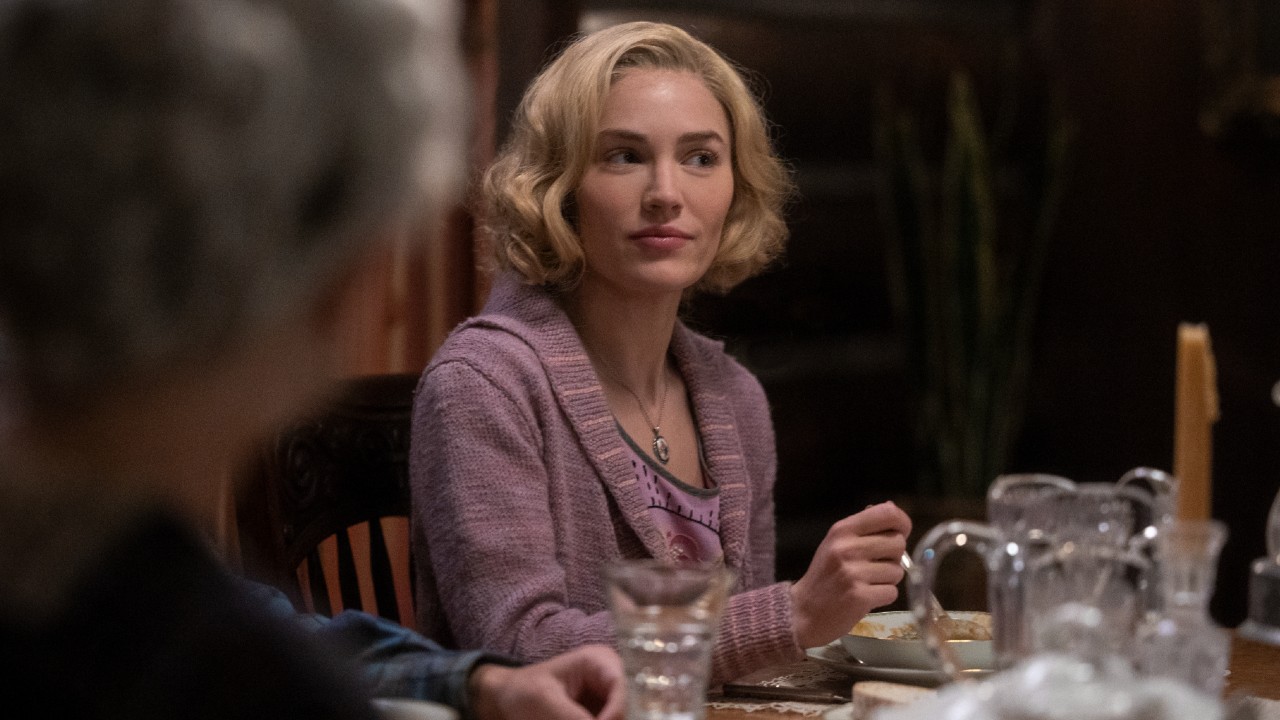Since winning both the Best Picture and Best Director Oscars with The Hurt Locker in 2008, Kathryn Bigelow has been a different kind of filmmaker. While her early career's highlights featured more genre fare like Near Dark, Point Break, and K-19: The Widowmaker, the victories at the Academy Awards have steered her work more towards real-life drams -- first with 2012's Zero Dark Thirty and now with her new film, Detroit. But while the overall tone of Bigelow's work may changed, what has stayed perfectly consistent is her acute ability to utterly captivate and thrill audiences with pure intensity, and her latest once again showcases a filmmaker at the very top of her game.
Succeeding two stories set in the Middle East, Detroit reunites Kathryn Bigelow with screenwriter Mark Boal for an equally potent drama in the Midwest -- transporting audiences back 50 years to the summer of 1967 and the events of the notorious Algiers Motel incident during the Detroit riot. Bringing together a fantastic young ensemble, each member delivering an utterly gripping performance, it's a stunning, emotional cinematic experience with a clear statement to make and a powerful delivery.
Following a beautiful animated opening detailing the pre-World War I Great Migration and the post-World War II suburban sprawl, Detroit begins with a reenactment of the famed fuse that lit the powder keg in the 12th Street Riot: the police raid on a speakeasy where black men and women were celebrating the return of two soldiers from the Vietnam War. It was the escalating chaos that ensued from this incident that led to citywide disturbances, and set the stage for what would happen two days later at the Algiers Motel. While deftly establishing what will ultimately be key figures in the story, the movie immediately hooks you with its first act, and lets the audience see the full depth of the social tensions.
These introductions highlight normal people who are just trying to live their lives in a city in the midst of crisis. Melvin Dismukes (John Boyega) is a hard-working man who moonlights as a security guard, and takes every precaution he can to keep himself and those around him safe. Larry Reed (Algee Smith) is a passion-driven Motown singer doing anything he can to live out his dreams, and at the start of the story is just hoping to have a fun night with his friend, Fred (Jacob Latimore), after his band's performance gets shut down. Julie Ann (Hannah Murray) and Karen (Kaitlyn Dever) are two young women who have just arrived to the city and are simply hoping to enjoy their youth. They are quick snapshots, but you instantly connect with all of these individuals as human beings, and it makes the ensuing events all the more intense and horrifying.
With most of the ensemble assembled at the Algiers Motel, it's a stupid act of rebellion -- the firing of a cap pistol out of a window at a group of National Guard soldiers -- that truly sets Detroit in motion, and it's from that point on that the film pins you to the front of your seat (save the moments where it devastatingly blows you backwards). Police officers Krauss (Will Poulter), Demens (Jack Raynor) and Flynn (Ben O'Toole) lead a raid on the motel, and while searching for the non-existent gun use the scenario as an excuse to ultimately commit murder and awful psychological torture. The men and women of the Algiers are lined up against the wall in the main hall of the motel by the clearly racially-motivated cops, and while Dismukes arrives to do what he can to try and deescalate the situation, prejudices, anger, and fear rule the atmosphere as the officers execute their "Death Game."
It's impossible to watch Detroit without considering the context of modern events involving Michael Brown, Eric Garner, Philando Castile, Terence Crutcher and more, and it disturbingly serves to make the events portrayed all the more devastating. As a specific, non-fiction-based story, Kathryn Bigelow's film serves to highlight an important moment in U.S. history, but also isn't shy in its suggestion that certain parts of our society haven't actually changed much in the last five decades. It creates an odd sensation, as while you come out of the movie feeling emotionally gutted and mad at the world, it also comes packaged with the hope that the artwork can successfully open eyes.
Only making a movie every three to four years or so, Kathryn Bigelow isn't exactly prolific, but she comes up to the plate swinging hard every time, and Detroit is an unquestionable home run. Being released in the summer, it's currently a bit separated from the rest of the awards-fare that will be hitting in the fall, but you can rest assured that the film will be in frequent conversations as the Best of 2017 is considered at the end of the year.

Eric Eisenberg is the Assistant Managing Editor at CinemaBlend. After graduating Boston University and earning a bachelor’s degree in journalism, he took a part-time job as a staff writer for CinemaBlend, and after six months was offered the opportunity to move to Los Angeles and take on a newly created West Coast Editor position. Over a decade later, he's continuing to advance his interests and expertise. In addition to conducting filmmaker interviews and contributing to the news and feature content of the site, Eric also oversees the Movie Reviews section, writes the the weekend box office report (published Sundays), and is the site's resident Stephen King expert. He has two King-related columns.











